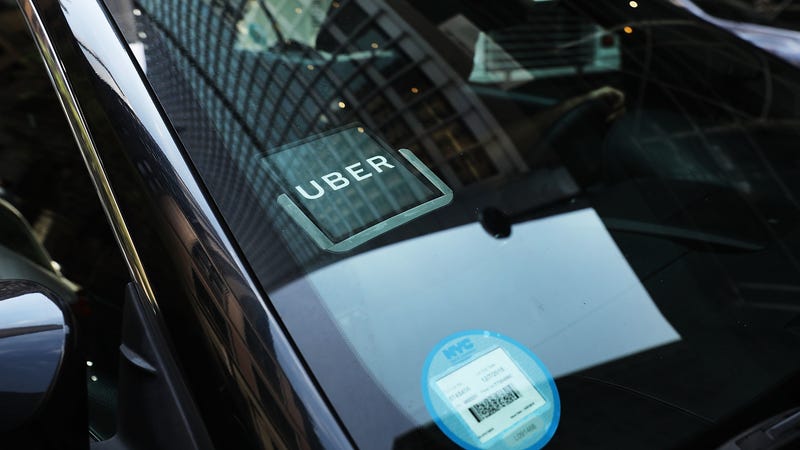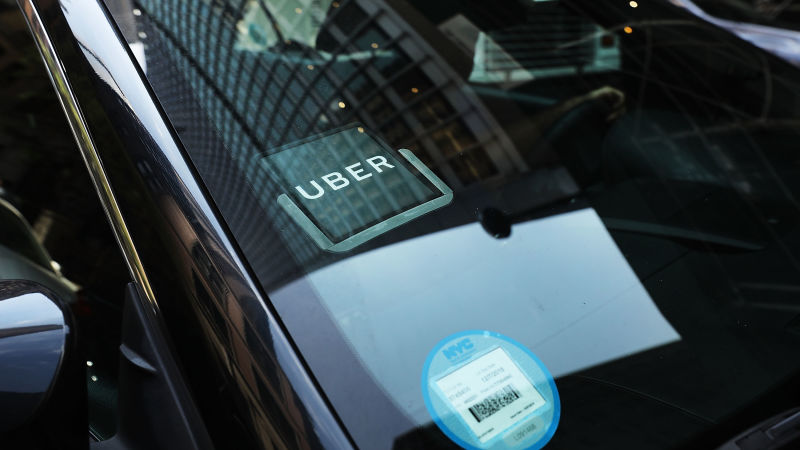
Women who say they were sexually harassed and assaulted by Uber drivers have been fighting with the ridesharing company to have their cases heard by a jury. The company has pushed back against this demand for months, but on Tuesday, it finally freed them from mandatory arbitration, enabling them to have their cases heard in court.
Today, Uber Chief Legal Officer Tony West announced in a blog post that the company “will no longer require mandatory arbitration for individual claims of sexual assault or sexual harassment by Uber riders, drivers or employees.” Mandatory arbitration requires an individual to settle a dispute behind closed doors through a third party rather than have it heard publicly in court by a trial by jury. West added that sexual harassment and assault survivors now have the option to settle claims through confidentiality, arbitration, or open court.
It is worth noting, however, that this policy change only applies to individual cases of sexual harassment and assault. That means that survivors still can’t pursue collective action, like a class-action lawsuit. Jeanne M. Christensen, a partner at Wigdor LLP—the firm representing the women who first filed a class-action lawsuit against Uber in November that the ridesharing company failed to recognize—sees Uber’s announcement on Tuesday as a positive step, but tellingly insufficient.
“Congratulations to Uber for choosing not to silence survivors,” Christensen told Gizmodo in a statement. “Our hope is that Uber ending forced arbitration for victims of sexual assault will begin a process to reduce future suffering by women passengers. Uber has made a critical step in this direction, but preventing victims from proceeding together, on a class basis, shows that Uber is not fully committed to meaningful change. Victims are more likely to come forward knowing they can proceed as a group. This is the beginning of a longer process needed to meaningfully improve safety.”
The policy change also doesn’t include other forms of harassment. With at least 103 claims of sexual assault or abuse by drivers in the last four years, Uber needs to address its sexual assault problem, but there are plenty others affecting users who deserve the policy change. Individuals who experience discrimination, for instance, should have the same right to a trial by jury as those who experience sexual harassment or assault.
Advertisement
Uber’s arbitration amendment wasn’t the company’s only push to accommodate survivors. West also announced that Uber won’t require confidentiality provisions or non-disclosure agreements so that survivors can freely share their experiences. “Enabling survivors to make this choice will help to end the culture of silence that surrounds sexual violence.”
The company will also publish a “safety transparency report that will include data on sexual assaults and other incidents that occur on the Uber platform.” Tuesday’s announcement didn’t specify exactly when the company would release such a report, but that Uber hopes to make its methodology open-source to prompt other companies in the industry to take similar steps toward transparency. “We know that a project of this magnitude will take some time, but we pledge to keep you updated along the way,” West wrote.
He noted in the blog post that the choice to release a transparency report around incidents reported to the company was a difficult one to make “in part because data on safety and sexual assaults is sparse and inconsistent.” Interestingly, he also noted that sexual assault incidents are “vastly underreported.” One could argue that giving survivors the freedom to publicly discuss their experiences and take their disputes to court might encourage other victims to come forward.
Advertisement













